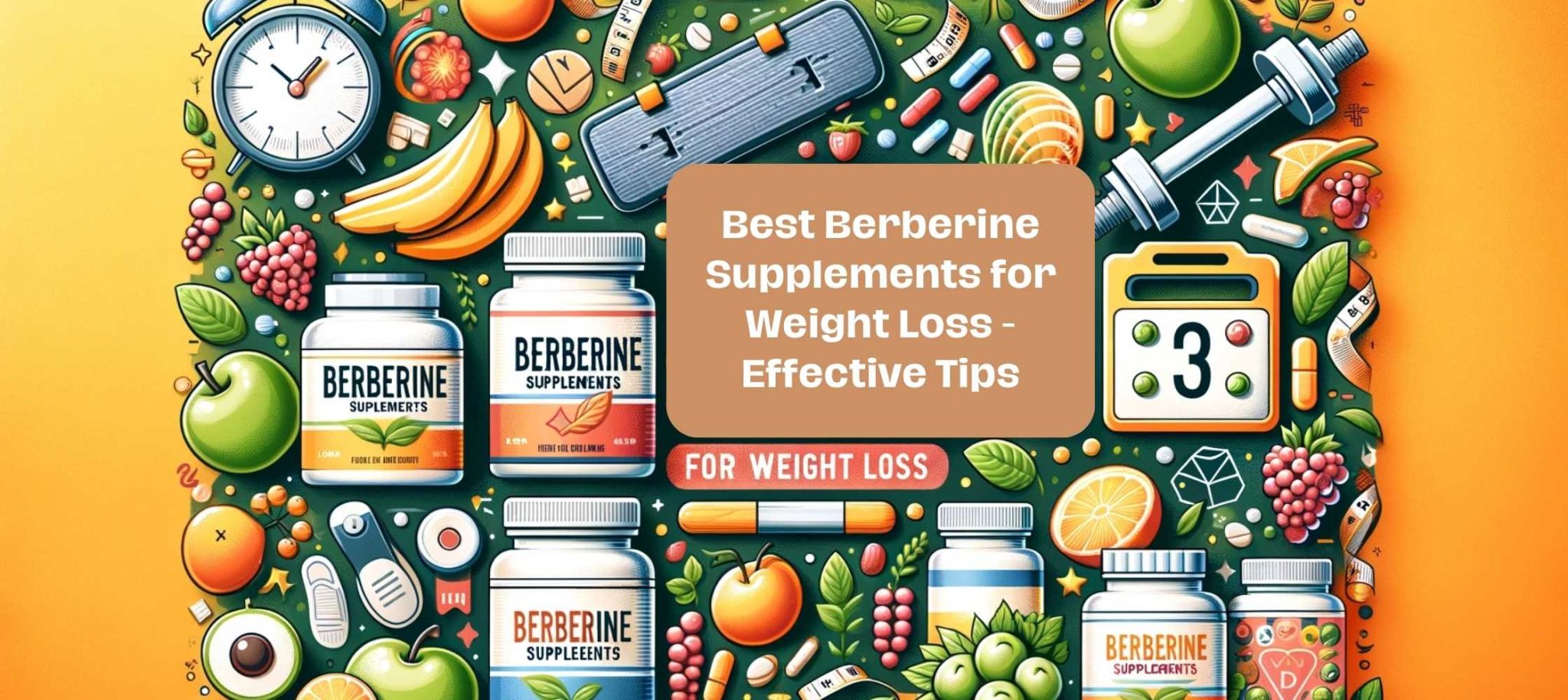What Is The Best Berberine For Weight Loss

Struggling to shed those stubborn pounds? Berberine is making headlines as a potential weight loss aid, but navigating the supplement aisle can be confusing. Here's a breakdown of what you need to know about choosing the right berberine for your weight loss goals.
Berberine, a natural compound found in several plants, has shown promise in regulating blood sugar and improving metabolic health, leading many to explore its weight loss potential. This article cuts through the marketing hype to deliver actionable information about berberine formulations, dosages, and crucial safety considerations.
Understanding Berberine and Its Potential
Berberine is not a magic bullet. It's a bioactive compound extracted from plants like goldenseal, barberry, and Oregon grape.
Research suggests that berberine may activate AMPK, an enzyme that plays a key role in regulating metabolism. This activation can influence how the body uses glucose and fat.
A 2012 study published in Phytomedicine found that berberine supplementation resulted in significant weight loss in obese individuals over a 12-week period.
Berberine Forms: Hydrochloride (HCl) vs. Dihydroberberine (DHB)
The most common form of berberine found in supplements is berberine hydrochloride (HCl). It's widely available and relatively inexpensive.
However, berberine HCl has a limited bioavailability. This means the body doesn't absorb it efficiently, potentially reducing its effectiveness.
Dihydroberberine (DHB) is a reduced form of berberine gaining attention. Some studies suggest it boasts significantly improved absorption compared to berberine HCl.
Why Bioavailability Matters
Bioavailability is crucial. It determines how much of the ingested berberine actually reaches the bloodstream to exert its effects.
Poor bioavailability means you might need a higher dose of berberine HCl to achieve the same results as a smaller dose of a more bioavailable form like DHB.
While research is ongoing, some sources claim DHB could be up to five times more bioavailable. This potentially makes it more effective at a lower dose.
Dosage Recommendations and Considerations
The typical dosage of berberine HCl used in studies ranges from 500mg to 1500mg per day, usually divided into two or three doses.
If considering dihydroberberine (DHB), start with a lower dose. Due to its enhanced absorption, a lower dosage may produce the desired effect.
Always consult with a healthcare professional before starting berberine. They can help determine the appropriate dosage for your individual needs and health status.
Potential Side Effects and Safety Information
Berberine is generally considered safe for short-term use. However, some people may experience side effects.
Common side effects include gastrointestinal issues like nausea, diarrhea, constipation, and stomach pain. These are usually mild and temporary.
Berberine can interact with certain medications, including antibiotics, antidepressants, and blood thinners. Always disclose all medications and supplements to your doctor.
What to Look for When Buying Berberine
Prioritize supplements from reputable brands. Look for products that have undergone third-party testing for purity and potency.
Check the label carefully. Ensure the product contains the specified amount of berberine per serving.
Consider the form. If you're opting for berberine HCl, understand its bioavailability limitations. If you're exploring dihydroberberine (DHB), do your research and consult with a healthcare professional.
Berberine and Lifestyle: An Integrated Approach
Berberine is not a standalone solution. It works best when combined with a healthy diet and regular exercise.
Focus on incorporating whole, unprocessed foods into your diet. Engage in regular physical activity to enhance berberine's potential benefits.
Remember, sustainable weight loss is a journey. Berberine can be a helpful tool, but it requires a holistic approach.
The Verdict: Which Berberine is "Best"?
There's no one-size-fits-all answer. The "best" berberine depends on individual factors such as tolerance, health conditions, and desired outcomes.
For those seeking potentially greater efficacy and willing to invest in a slightly more expensive option, dihydroberberine (DHB) may be worth exploring.
However, berberine HCl remains a viable and affordable choice. The key is to be aware of its bioavailability limitations and adjust the dosage accordingly, under medical supervision.
Important Note: This information is for educational purposes only and does not constitute medical advice. Consult with your healthcare provider before starting any new supplement, including berberine, particularly if you have pre-existing health conditions or are taking medications.
Next Steps: Informed Decisions for Your Health
Talk to your doctor or a registered dietitian. They can provide personalized guidance based on your specific needs and health profile.
Stay informed. Continue to research berberine and its potential benefits and risks.
Monitor your progress. If you choose to try berberine, carefully track your results and report any side effects to your healthcare provider.






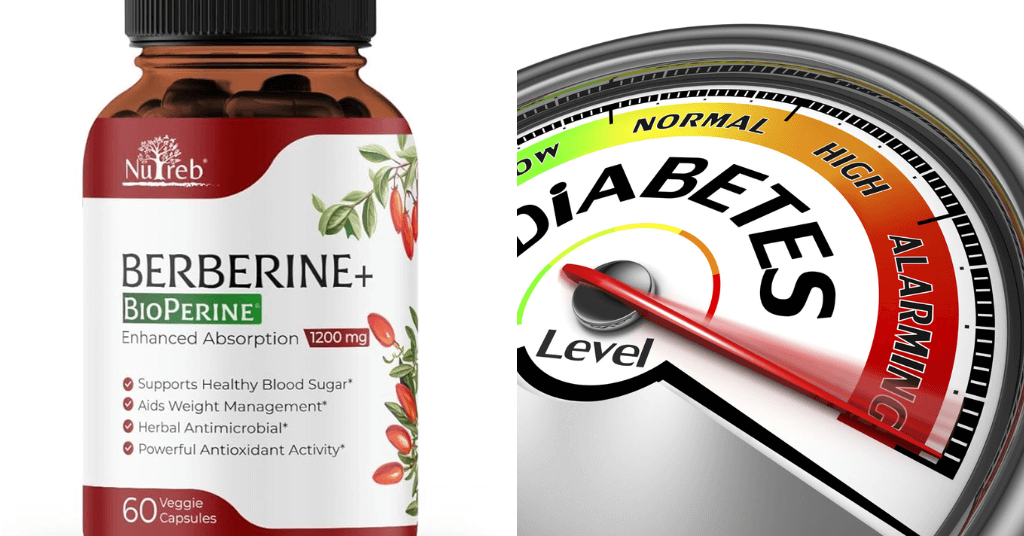


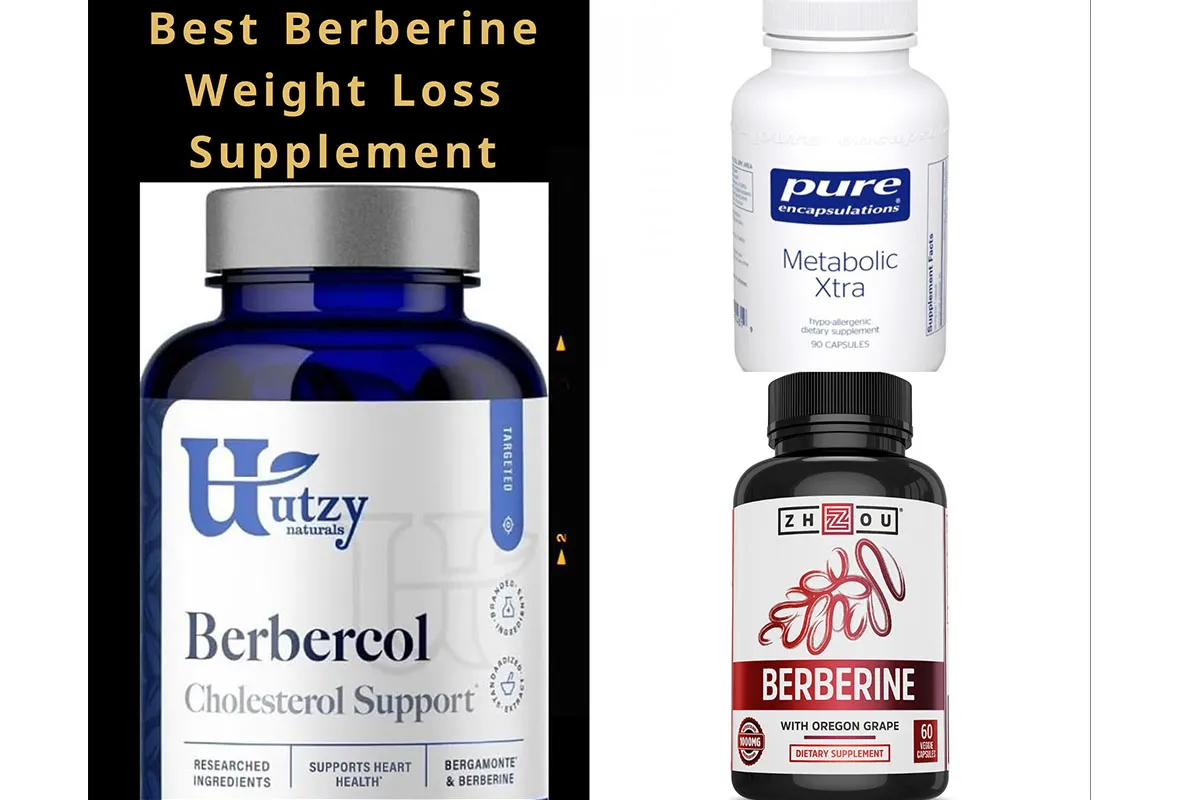

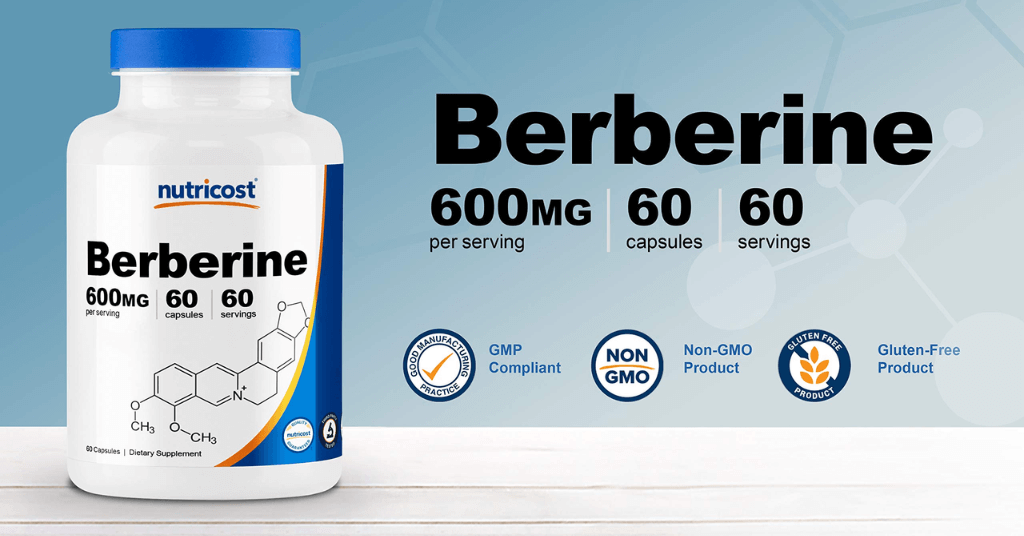
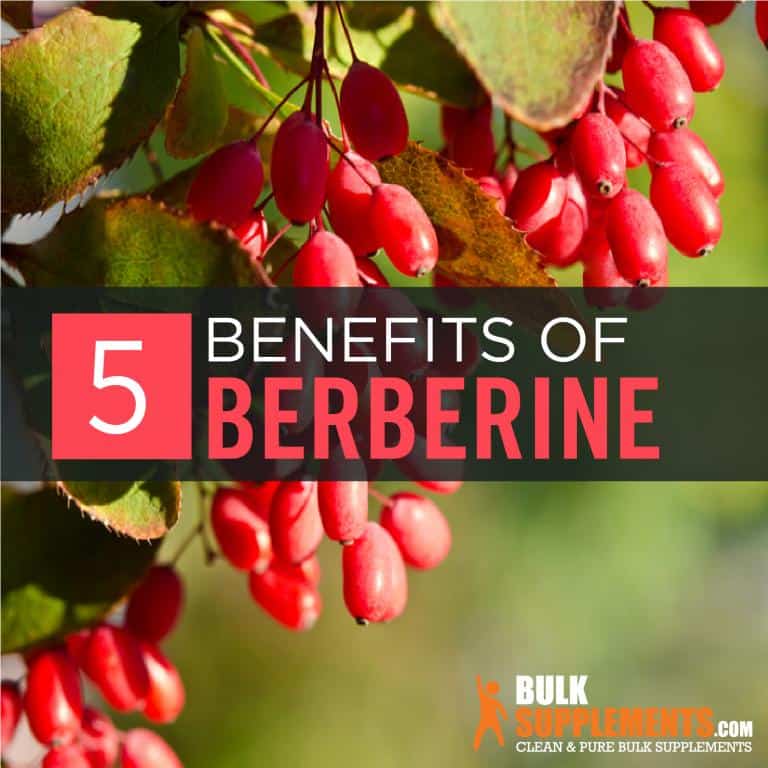

![What Is The Best Berberine For Weight Loss etc. Berberine Weight Loss Gummies - [100% Real] Benefits & Side Effects!](https://www.wellbiotricks.com/wp-content/uploads/2024/03/etc.-Berberine-Gummies-for-Weight-Loss.png)

